
Christian Aguilar, ’24, is a current sophomore majoring in political science. He served last year as incoming student representative alongside Georgia Goff, and Aguilar currently serves as outreach coordinator, a position that is disappearing next year.
The Whitworthian sat down with Aguilar to hear what he is striving for in his role as vice president next year.
This interview has been lightly edited for clarity and length.
Why did you decide to run for vice president?
“I enjoy being a part of ASWU. It makes me happy, and [I] love going through the voting process and debating with peers. The reason I ran for vice president specifically is I think that senators and reps can be utilized more effectively in making social changes on campus. Senators can better provide their constituents with the resources and tools they need to make the changes. For example, if a constituent in Arend went to their senator saying, ‘we have too many pinecones, what do we do?’ the senator can then say, ‘here is the head of the pinecone committee who can do something about that’. There are so many unique stories on campus, and so many students so passionate about making this community better, but they don’t know how to get involved. I want ASWU to be that connector. We have a lot of resources, we know a lot of other leadership organizations, and we have good connections with them.
There are so many unique stories on campus, and so many students so passionate about making this community better, but they don’t know how to get involved in that. I want ASWU to be that connector.
“This is not to make the senator do all the work, but to allow them to provide their constituents with the skills and techniques to make the change they want to see and streamline that in a way that is effective. I want constituency reports to be more intentional, and ask things like ‘what are things going on in your hall, and how do you want to change them?’ I want the vice president to ask senators a certain question at the end of constituency reports, and the next week have [the senators] bring answers back from their hall on that issue.
I want senators and reps to really focus on social issues and how they can be talking about those in more effective ways in their community.
“[If we represent our constituents better], we can also get a lot more measurement. A lot of times I’ve been in conversations with faculty and admin about changes, and they say we could make that change, but we need data. If we’re collecting that data as we go through ASWU, we will be a lot more effective in making those changes. For example, I would love to see LGBTQ-inclusive housing. In order for the board of trustees and admin to get on board, they need numbers on how many people are interested in that.
“I want senators and reps to really focus on social issues and how they can be talking about those in more effective ways in their community.
“Finally, I would also love to have a student diversity panel, where once a month students on campus in a variety of leadership positions can meet and talk about what they’re doing in their communities regarding inclusion—whether racial identity, sexual orientation, faith, disability or any other categories. Through this, we can see what other people are doing on campus and be able to support them, and also collect data to share with admin. Ultimately it boils down to the vice president being in charge of senators and reps and therefore being the head of student representation. Senators and reps are supposed to be the student voice. I don’t feel like the student voice is being highlighted effectively enough. I want to use this position to better collect information, so I can walk into important meetings with important people and say here’s how our people feel about [an issue], or pass this information onto Georgia as president to use in these meetings.”
What are your experiences on campus, both inside and outside of ASWU, that will help with this position?
“Within ASWU, I know what it’s like to vote for a constituency [through my role of] incoming student rep, when we voted on big changes with COVID and changing the constitution. During this time, I experienced what it means to connect with my constituents and make them feel represented, [such as] with the data collection for bus passes. This means that I have experience in the job of the people I will be overseeing. As disability coordinator, I have looked into how we highlight student voices and make them feel heard. I want to make sure my senators and representatives are doing this well, and understand that they are people with their own experiences while also being student leaders.
I want to make sure all my peers feel like they’re seen and they have spaces on campus where they can feel like their whole selves and that is celebrated.
“In my experience growing up, I had to figure out what home looked like for me and where I found belonging and inclusion. Being gay and Christian, being poor in a performance-based education system, I was always trying to figure out where I belonged. I found this in high school student government. I wanted to make sure all students finding a place of second home found the best one possible. Since being at Whitworth, I’ve understood my identity and felt seen in a way I never have experienced it before. I want to make sure all my peers feel like they’re seen and they have spaces on campus where they can feel like their whole selves and that is celebrated.”
How do you hope to shape the team next year, differently from the past?
“I want to make sure that what ASWU does is more clear. There are too many times that I hear people ask what the role of ASWU is. I want in our CBS meetings at the beginning of the year, for senators to . . . explain their job thoroughly, so students know what they can be asking for. Not a lot of senators and reps have people come to office hours, so explaining what the power we have can be used for will be helpful. I also want to share more creative ideas about what office hours can look like and what data collection looks like. There are more direct things senators can talk about with constituents during office hours. We do have the power to change things if students tell us what’s going on.
“For example, this year we collected data about student safety and, using that, got the university to pay for more blue poles to install on campus. The bus passes will be paid for by the university now because of ASWU, because we were fighting for it and saying that it was important. If we’re getting info like this effectively, we can bring it to people who can make those changes.”
What three goals do you have or what changes do you want to affect on campus this year?
“My first goal is starting a student diversity panel. I want to create a space for students focused on inclusion efforts regardless of identity. There’s not one thing we’re looking for; it will be for BIPOC students and white students, abled and disabled students, straight and LGBT+ students. I want every student who cares about inclusion, regardless of identity, to know how to be part of inclusion efforts.
I want to create a space for students focused on inclusion efforts regardless of identity.
“My second goal is to [better] communication between students and ASWU. I want to make sure students know that ASWU knows what they’re doing, and that students feel heard, showing through that communication that we are making the change they want to see. I want to mainstream that communication effectively.
“Thirdly, I want to really see senators and representatives as full people. They are multifaceted student leaders, and I want to help make their own goals for this institution into a reality. I want to learn how I can help take care of them when things are going rough, and figure out how to stick to our goals as a whole organization, while leaving room for people to engage in self-care, in a way that allows us to still be effective as an organization.”

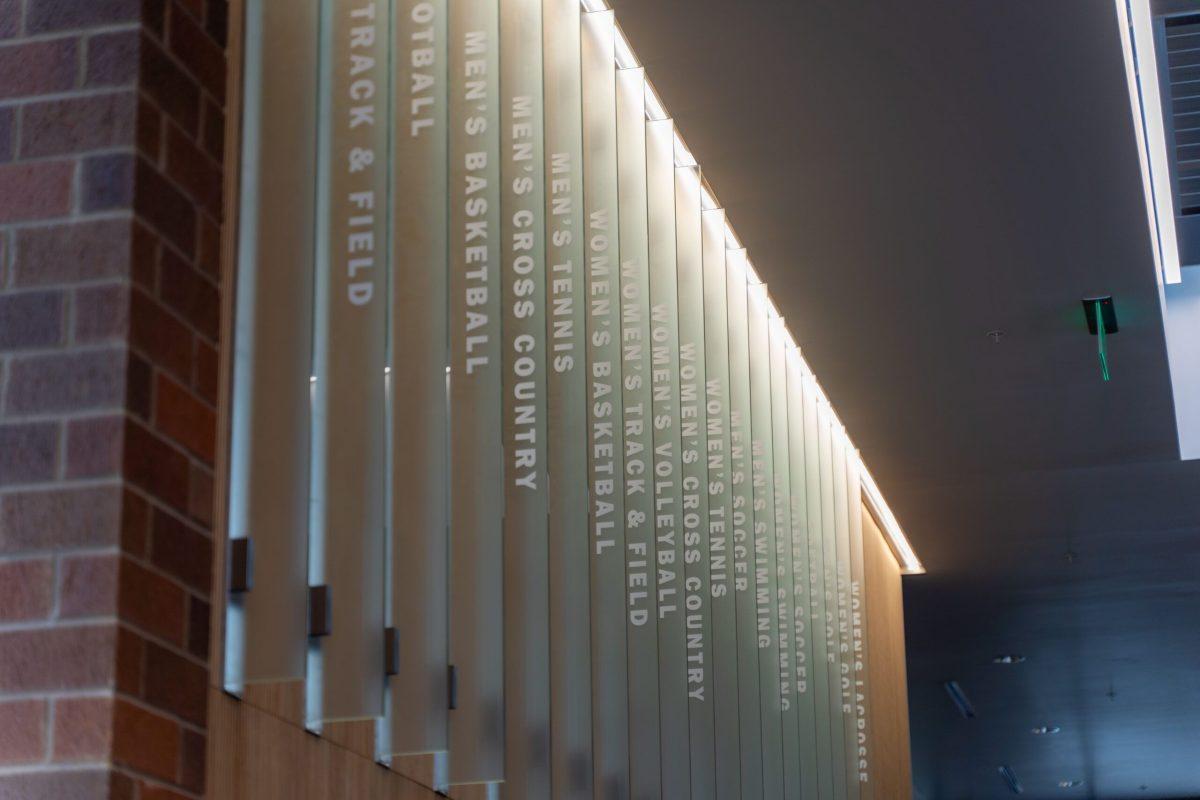
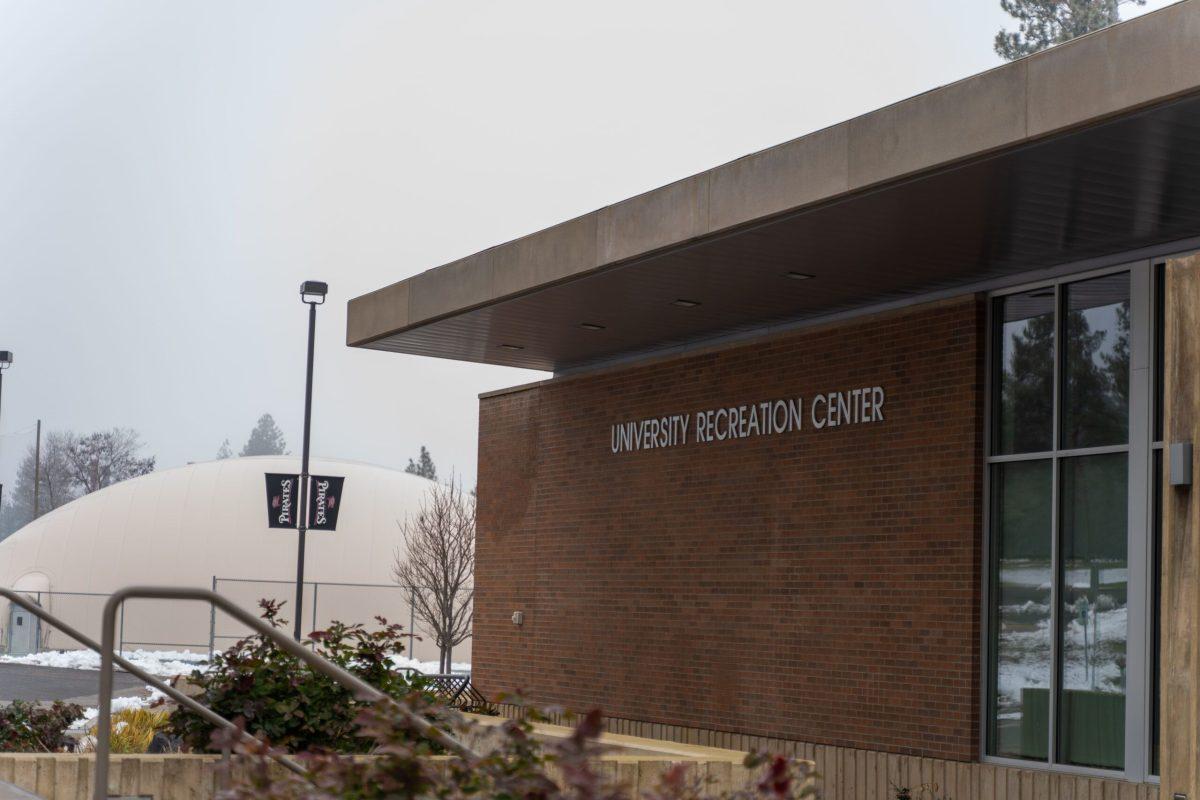
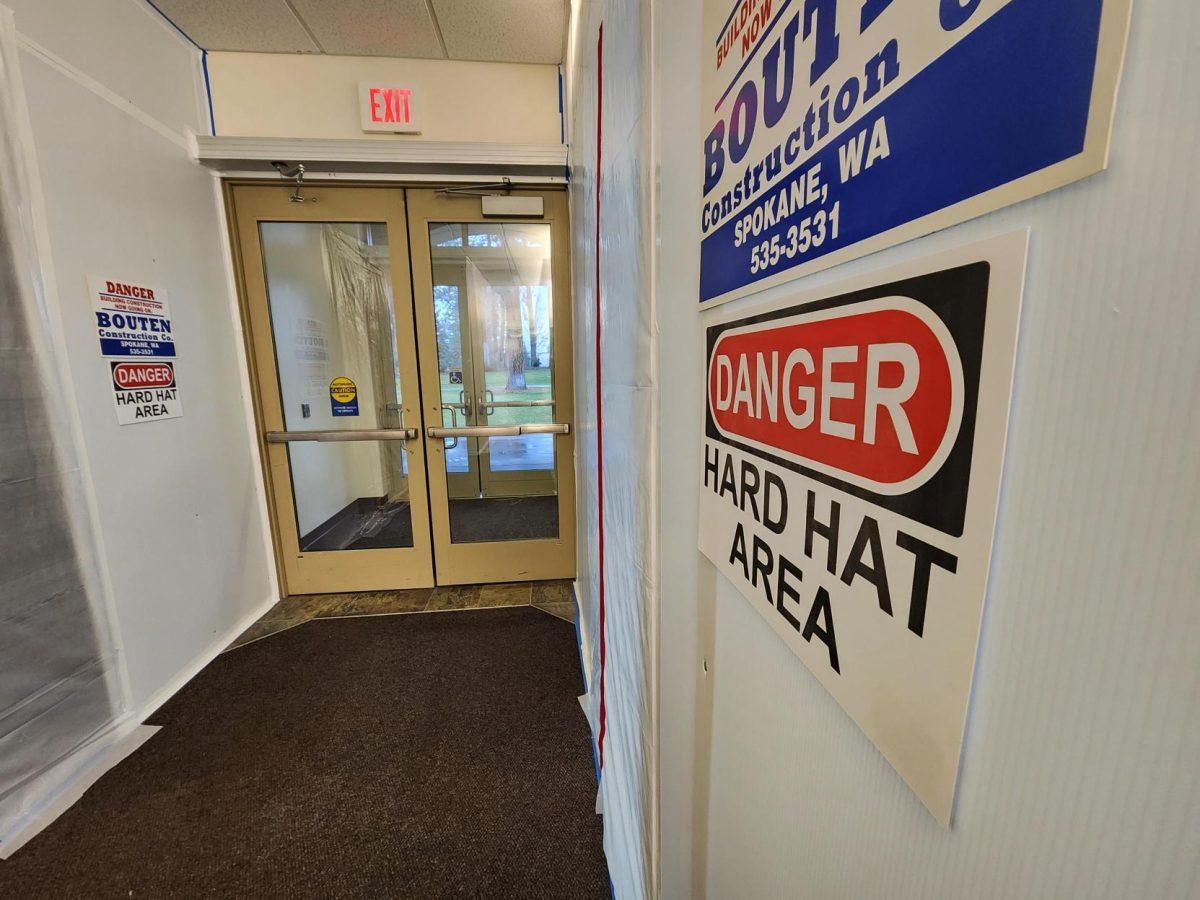
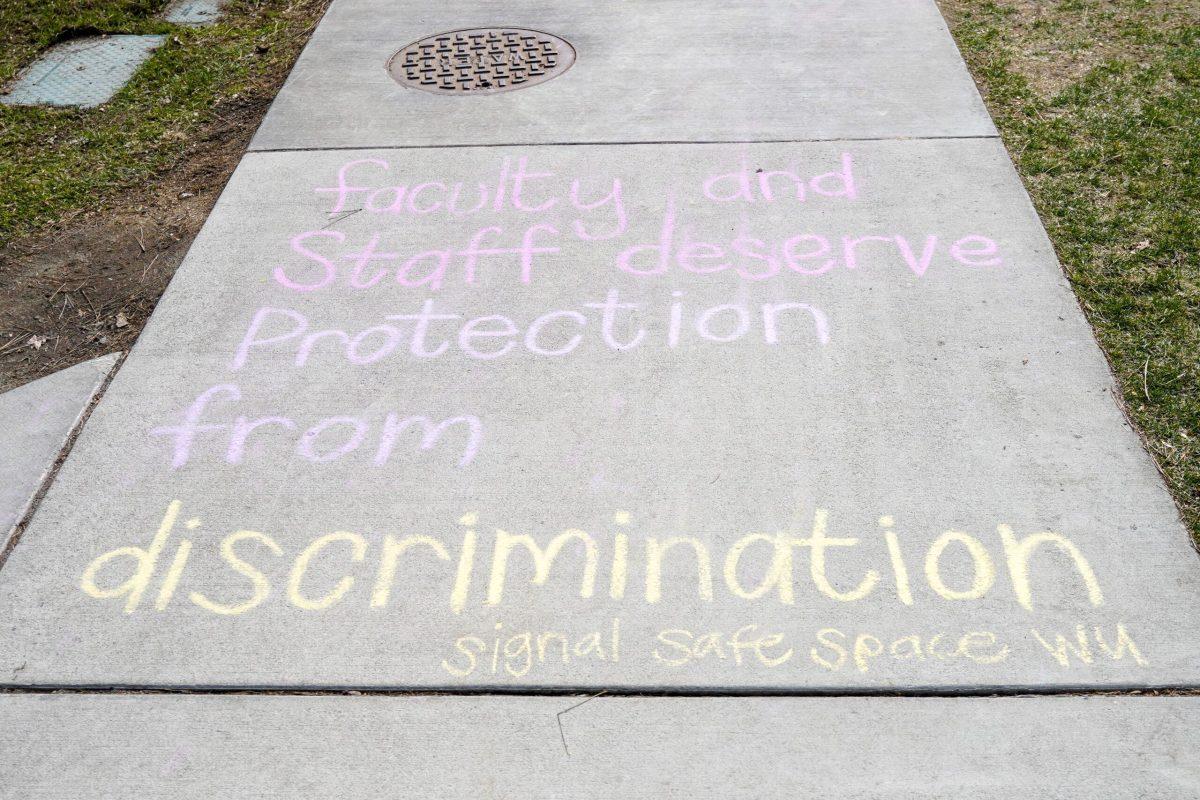
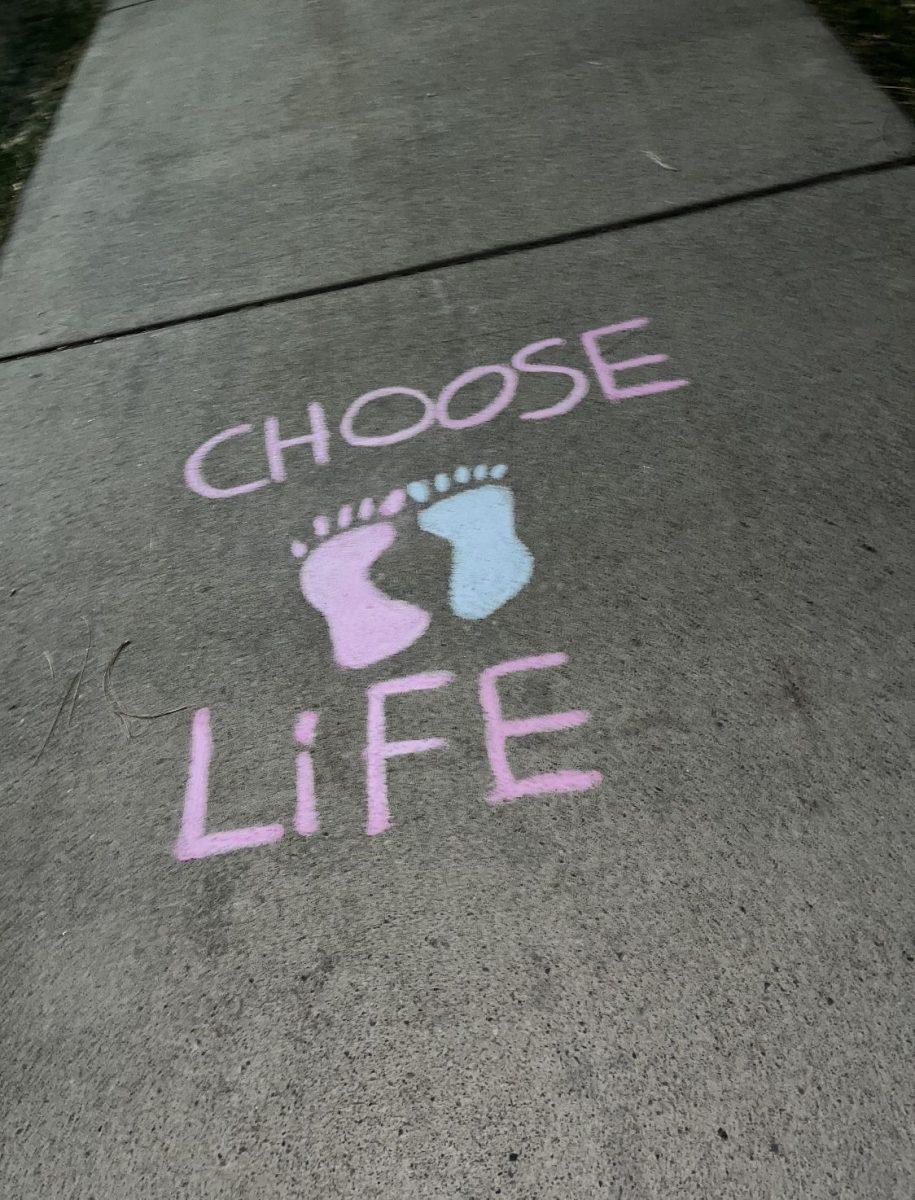






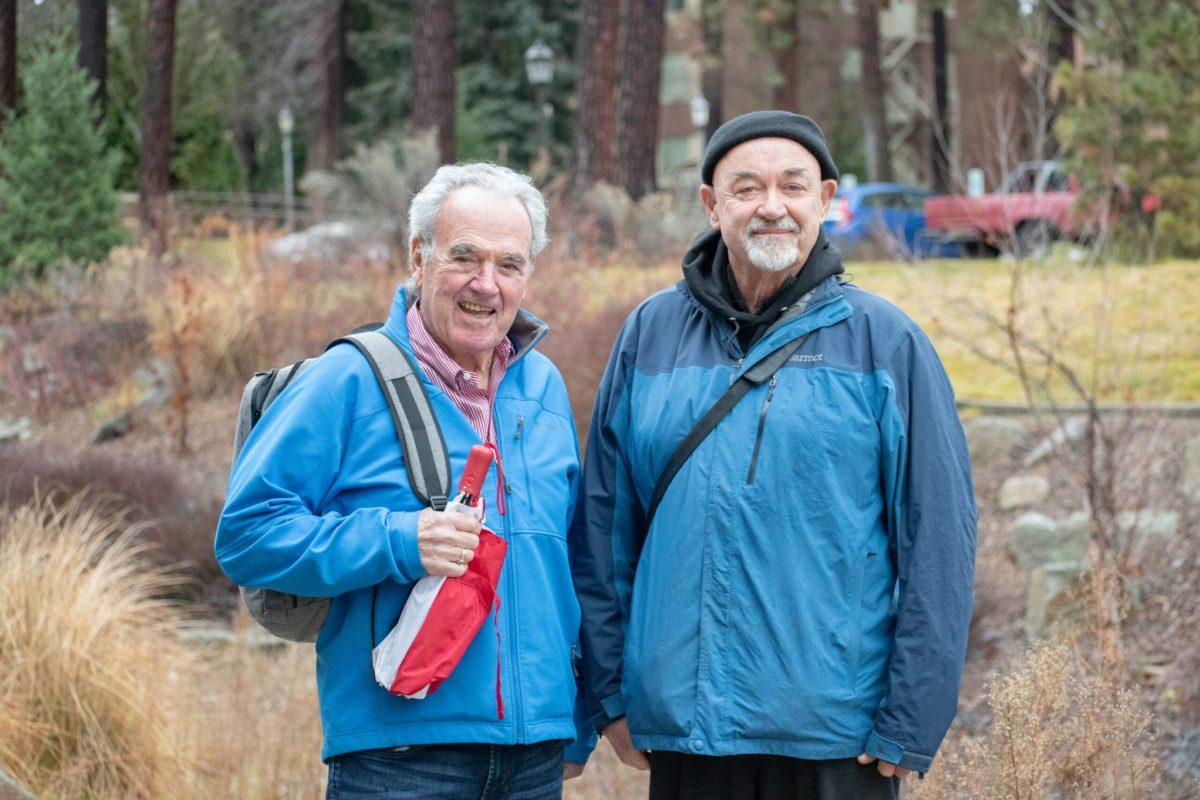

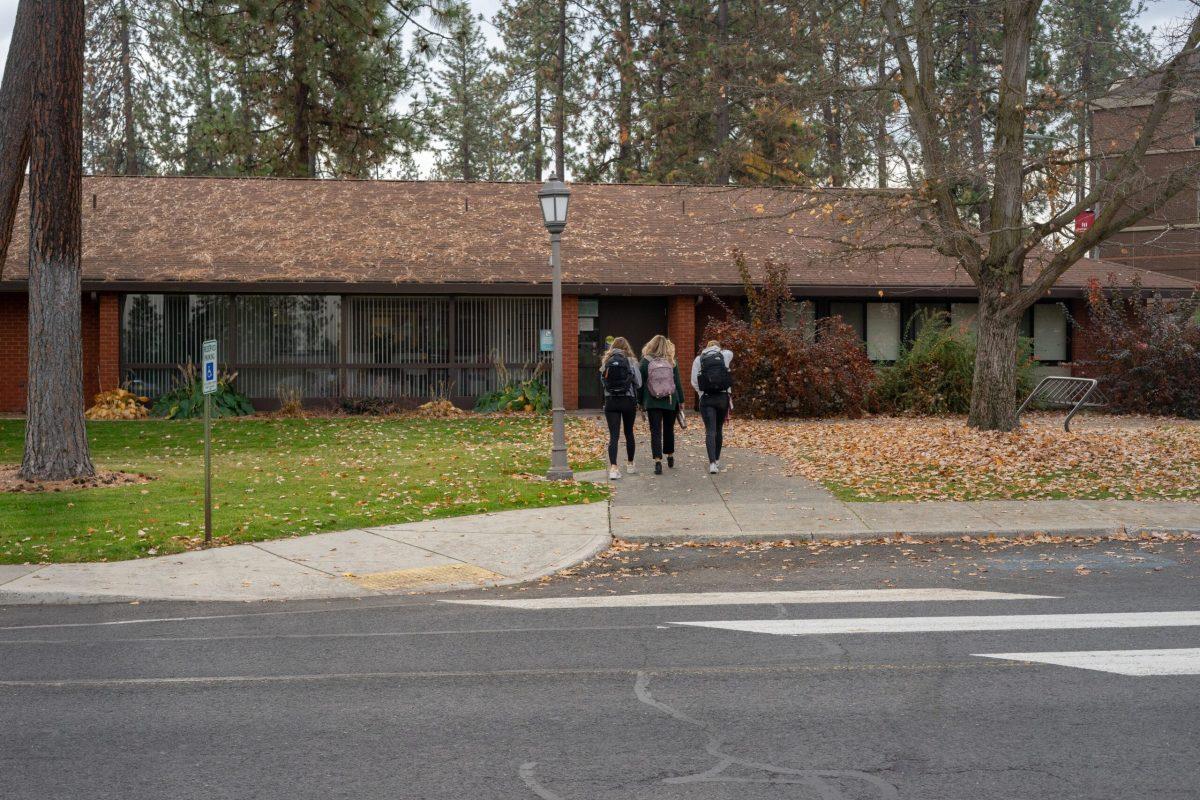

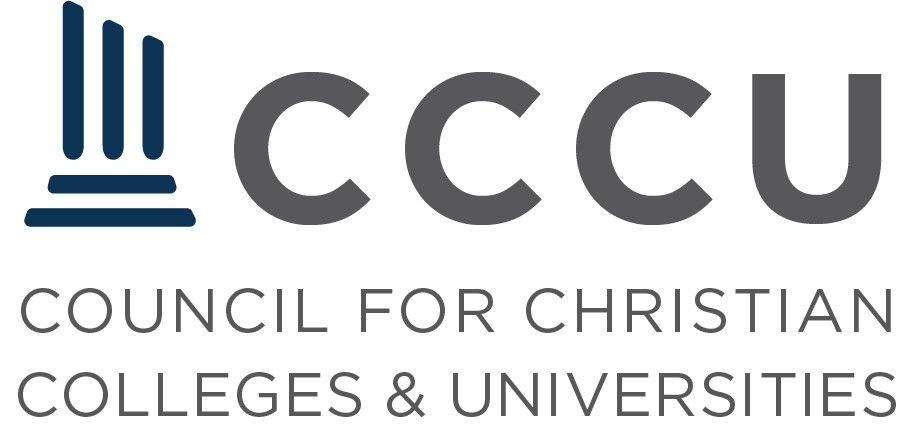
 Spokane?
Spokane?